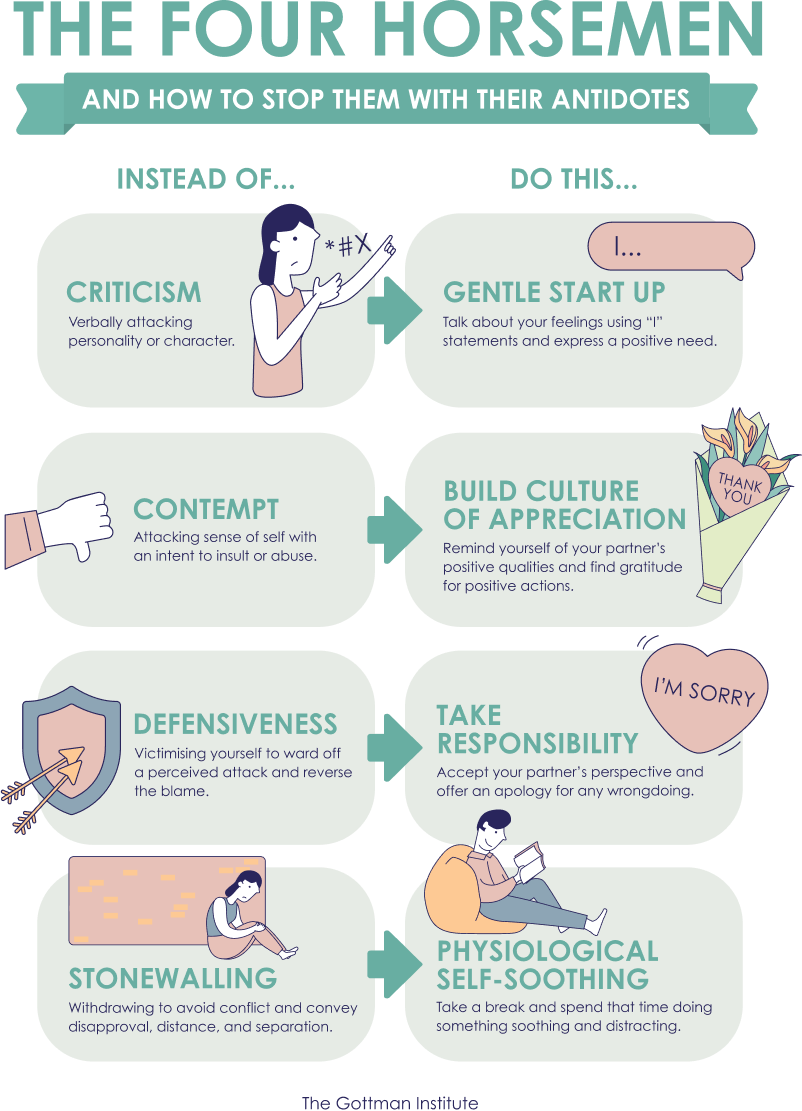How to Handle a Spouse Who Exaggerates – A Guide to Dealing with Life’s Challenges
Living with a spouse who has a habit of exaggerating can be challenging. It can lead to miscommunication, misunderstandings, and unnecessary conflicts. However, with some understanding and effective strategies, you can navigate through these situations and maintain a healthy relationship. In this guide, we will provide practical tips on how to handle a spouse who exaggerates, so you can tackle life’s challenges together.
1. Recognize the behavior:
The first step in dealing with a spouse who exaggerates is to recognize and acknowledge the behavior. Understand that exaggeration may be their way of expressing themselves or seeking attention. Avoid dismissing their concerns, but be aware of when they might be amplifying a situation.
2. Set clear communication expectations:
Establishing open and honest communication is crucial when dealing with someone who exaggerates. Encourage your spouse to express their thoughts and feelings genuinely, without the need for exaggeration. Let them know that you value their perspective and are willing to listen.
3. Practice active listening:
When your spouse starts exaggerating, it’s essential to listen actively. Give them your full attention, maintain eye contact, and avoid interrupting them. Repeat their main points back to them to ensure you understand their concerns accurately. Active listening can help promote clarity and reduce the need for exaggeration.
4. Validate their emotions:
Exaggeration often stems from a need for validation. Make an effort to acknowledge and validate your spouse’s emotions, even if you may not fully agree with their perspective. Let them know that you understand how they feel, which can help alleviate their need to exaggerate to be heard.
5. Encourage honesty and transparency:
Create an environment where honesty and transparency are valued. Encourage your spouse to express their thoughts and feelings honestly, without fear of judgment or criticism. When they feel safe to communicate openly, they may be less likely to resort to exaggeration.
6. Seek clarifications:
Whenever your spouse exaggerates, gently ask questions to seek clarification. For example, if they claim something is “always” or “never” the case, ask for specific instances or examples. By encouraging accurate details, you can challenge the tendency to exaggerate and promote accuracy in their communication.
7. Focus on facts:
Maintaining a focus on facts can help diffuse exaggerations. When discussing certain situations, bring in objective data or evidence to provide a realistic perspective. By grounding the conversation in facts, you can redirect the attention away from exaggeration and towards addressing the issue at hand.
8. Explore alternative communication styles:
Some individuals resort to exaggeration because they lack effective communication skills. Help your spouse develop alternative ways of expressing themselves, such as using “I” statements or practicing active problem-solving discussions. Suggest couples therapy or communication workshops that can assist you both in improving your communication techniques.
9. Lead by example:
Remember that communication is a two-way street, and your behavior matters too. Be mindful of your own communication style, and strive to be open, honest, and clear in your interactions. By leading with good communication practices, you can set a positive example for your spouse and promote healthier communication overall.
10. Seek professional help:
In some cases, the habit of exaggeration may be deeply ingrained or significantly impacting your relationship. If you find it challenging to handle on your own, consider seeking professional help from a couples therapist or a marriage counselor. They can provide guidance and strategies tailored to your specific situation.
Conclusion:
Dealing with a spouse who exaggerates requires patience, understanding, and effective communication. By recognizing the behavior, establishing clear communication expectations, practicing active listening, and encouraging honesty and transparency, you can navigate through these challenges together. Remember, the goal is not to change your spouse but to create an environment where open and honest communication can thrive. With dedication and mutual effort, you can strengthen your relationship and face life’s hurdles as a united front.







